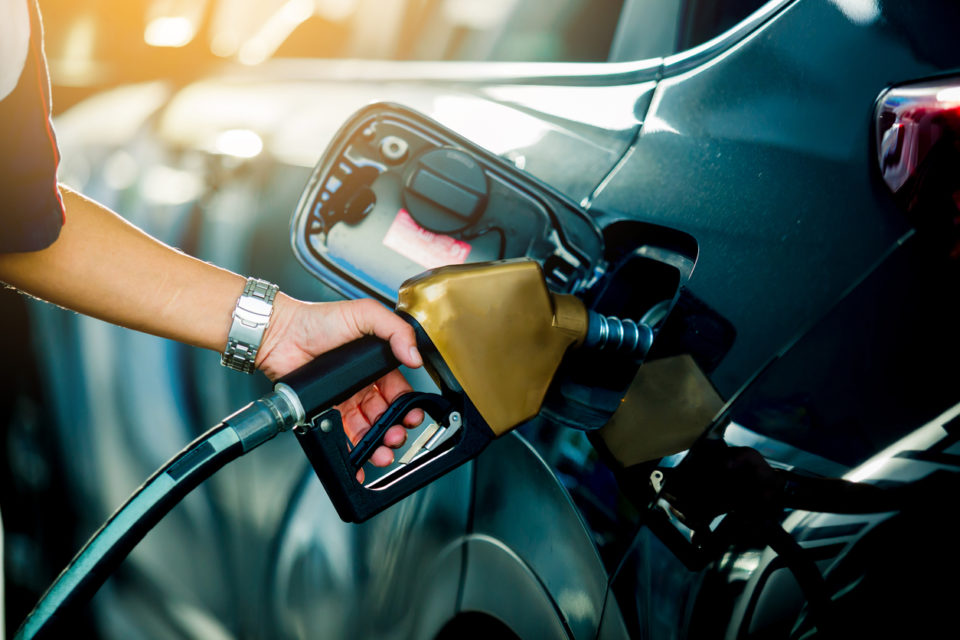What do those little numbers at the pump mean and why should you care? If you’re like most drivers, you’ve always hit the button marked 87 when it’s time to fill up your tank, but is that the right type of gas for your car? Progressive delves into the differences between high-octane gas and regular gas, and which is best for your vehicle.
What Is Premium Gas?
Premium gas, also known as high-octane gasoline, is a type of fuel that has a higher octane rating than regular gasoline. Octane is a hydrocarbon compound that helps to prevent engine knocking or premature combustion, which can cause damage to the engine. Premium gas typically has an octane rating of 91 or higher, while regular gas usually has an octane rating of 87 or 89.
What are the Benefits of Premium Gas?
Because of its higher octane rating, premium gas is often marketed as a fuel that can improve engine performance, increase fuel efficiency, and provide a smoother driving experience. It’s many benefits are listed below:
- Improved engine performance: Premium gas can help to improve the performance of high-performance or luxury vehicles that require a higher octane fuel. This is because higher octane fuel can withstand more compression without detonating, which can lead to a more powerful and efficient engine.
- Increased fuel efficiency: Because premium gas can improve engine performance, it can also help to increase fuel efficiency by allowing the engine to run more smoothly and efficiently. This can be especially beneficial for vehicles with turbocharged or supercharged engines that require higher octane fuel.
- Reduced engine knocking: Engine knocking, which is also known as “pinging,” can occur when the fuel in the engine ignites prematurely. Premium gas, with its higher octane rating, is less prone to causing engine knocking, which can help to prolong the life of the engine.
- Cleaner engine: Premium gas often contains detergents and other additives that can help to keep the engine clean and free of deposits. This can result in a smoother running engine and improved overall performance.
- Better driving experience: The smoother, more efficient performance that premium gas can provide can lead to a better driving experience overall, with smoother acceleration and less engine noise.
You might also like: SIGNS THAT YOU NEED NEW SHOCKS
When Should To Use Premium Gas
The decision of when to use premium gas ultimately depends on the vehicle you’re driving. If your car’s owner’s manual specifies that it requires or recommends the use of premium gas, then it’s important to follow those guidelines to ensure optimal performance and protect the engine from damage. This is often the case for high-performance or luxury vehicles with turbocharged or supercharged engines. On the other hand, if your car’s owner’s manual states that regular gas is acceptable, then there’s no need to use premium gas unless you’re experiencing engine knocking or other issues that may indicate a need for higher octane fuel. If you’re not sure whether or not you should use premium gas, ask one of the technicians at your preferred service center or Red McCombs Superior Body Shop.
Disclaimer: The stock image is being used for illustrative purposes only, and it is not a direct representation of the business, recipe, or activity listed. Any person depicted in the stock image is a model.

